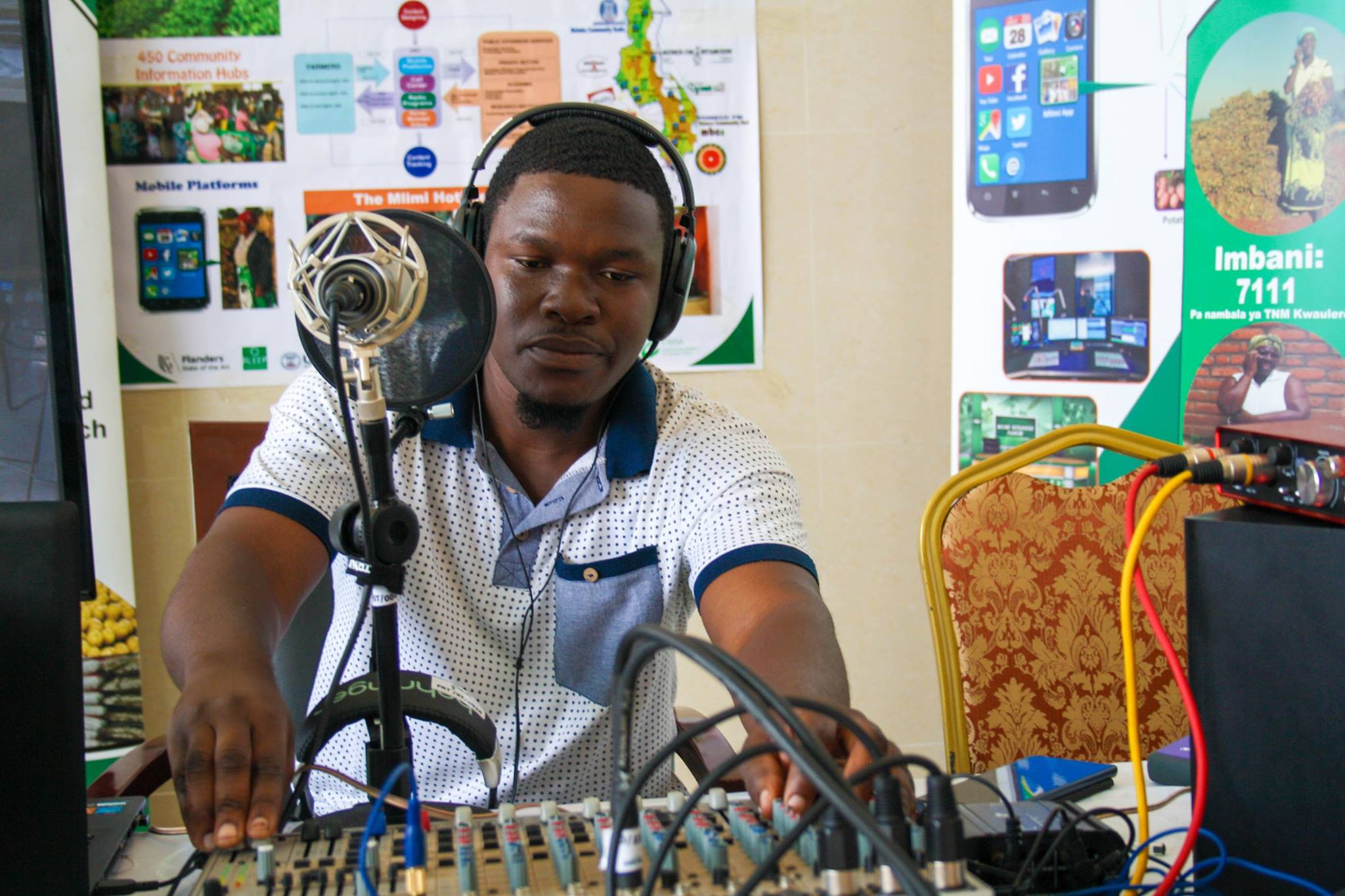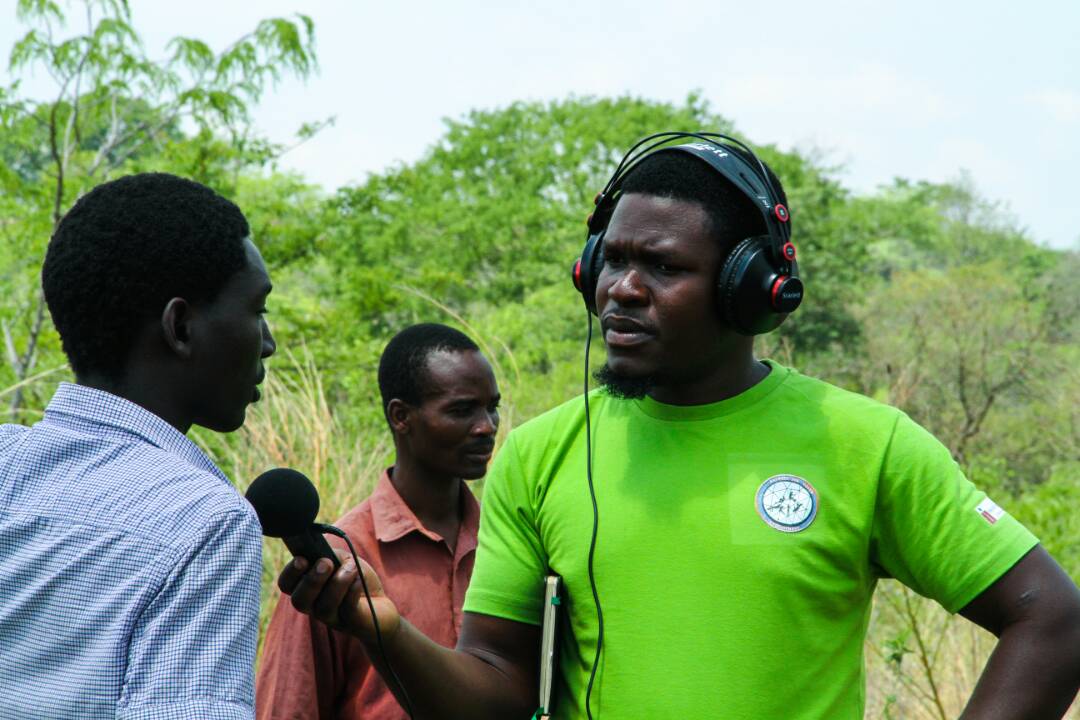
Informative radio helps farmers move forward!
Farm Radio Trust
Farm Radio Trust is an organization that fosters rural and agricultural development in Malawi through the use of radio and other information and communications technologies (ICTs). In Malawi the agricultural sector accounts for one third of the GDP and 90% of export revenues. With 80% of the population living in rural areas, the vast majority of Malawians support their livelihoods with farming activities. With a very limited number of commercial farms, Malawi is a country of small farmers. The government support for farming families is mainly focused on large scale input subsidy programmes. Farmer education and agricultural information services are, however, very limited. The government subsidizes only 1 extension worker for 3900 farming families, while the recommended ratio is 1 out of 500. In 2009 Farm Radio Trust Malawi, a branch of Farm Radio International, was founded. The organization uses innovative methods to reach the Malawian farming populations. Because the spoken word is the most effective way to reach an illiterate or poorly literate population and all households have a radio, Farm Radio Trust uses participatory radio programmes to reach the farming population. The radio programmes are combined with other information channels (SMS services, whatsapp messages, call center) to educate and strengthen Malawian farmers. In 2018 FRT reached an audience of 4 million farmers.


Financial sustainability
In terms of finances Farm Radio Trust is at a crossroad. Although the organization delivers services that are in fact government responsibilities (extension services, farmer education) the organisation doesn’t receive any government funding. Instead several international donors support FRT with grants (USAID, Flemish Government, Farm Radio International). Nevertheless Farm Radio Trust faces the challenge to become less dependent on donor funding and develop financial sustainability.
For Farm Radio Trust it's key to develop a new and innovative vehicle for income generation. Needless to say, the organization will safeguard its mission and focus on strengthening the position of smallholder farmers. Since the financial capacities of farming families are very low it is unlikely that a focus on small farmers as paying clients will generate sufficient income. Therefore, income generation stands high on the agenda! Together with Exchange a pragmatic and innovative commercial strategy will be developed.
